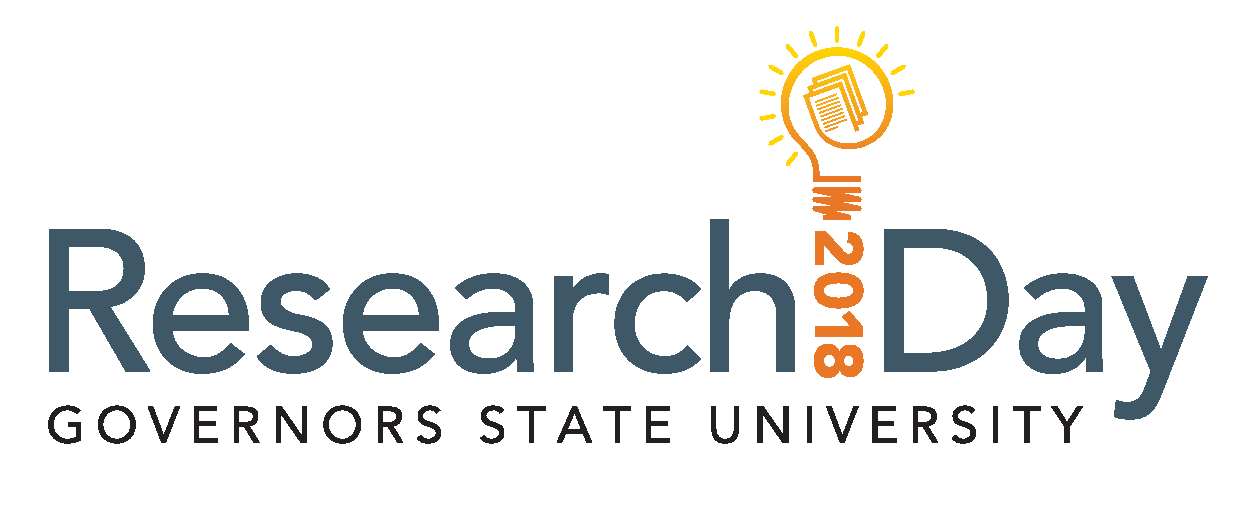
Research Day 2018 Schedule
The Body, Environment, Mind, and Spirit (BEMS) Pathway of Addiction Causality and Curative Interventions
Type of Presentation
Paper
Location
D1497
Start Date
4-6-2018 2:30 PM
End Date
4-6-2018 3:00 PM
Abstract
It remains a great puzzle as various etiological approaches to addiction problems or disorders have continued to generate interesting controversies amidst their valuable or plausible inputs to the management of cases over the years. More perplexing, is that, while some models or theories are rigidly in adherence to or are outgrowth ideas of the traditional medical (disease) and moral models, some newer models emphasized the combinations or interrelationships in the context of these rudimentary models without yet, a universally acceptable causality. A foremost addiction counselor, Todd Lewis, in his book Substance Abuse and Addiction Treatment (2014), emphasized this acceptability gap in causation despite the rich array of etiological theories in the addiction field by quoting by quoting Doweiko; "Research has supported both genetic predisposition and learning components in the onset of addiction, yet a grand, unifying theory has yet to emerge." (Doweiko,2009).
This is the catapulting challenge that has ignited the need to develop a near perfectly acceptable and holistic pathway or cycle rather than a static model that cannot clearly explain the complex system of addiction causation as well as providing result oriented therapeutic strategies.
The current study aims to use a systemic Ground Theory (GT) research methodology to develop an all-inclusive and functional pathway of addiction causation, without negating an insightful provision for treatments, culture, ethnicity, gender and racial variations (variables) based on the Body-Environment-Mind-Spirit model of disease causation and treatment.
Using the Straussian GT approach, measures will be analytically set out to inductively arrive at an all-encompassing pathway for addiction causation and treatment. This will be carried out using 6 standard standalone search engines (to avoid repetitions), 2 each from medical, psychological and sociological fields. Using balloting, 2 will be randomly picked from a list of 6 search engines in each field. They will be used to collate data and corroborate information about addiction and other variables that will be manually analyzed, categorize and directed towards a pathway since this technique allows for the researchers' continuous input based on their cumulative experience, knowledge and intuitive skills in the course of the data analysis and conclusions.
The Body, Environment, Mind, and Spirit (BEMS) Pathway of Addiction Causality and Curative Interventions
D1497
It remains a great puzzle as various etiological approaches to addiction problems or disorders have continued to generate interesting controversies amidst their valuable or plausible inputs to the management of cases over the years. More perplexing, is that, while some models or theories are rigidly in adherence to or are outgrowth ideas of the traditional medical (disease) and moral models, some newer models emphasized the combinations or interrelationships in the context of these rudimentary models without yet, a universally acceptable causality. A foremost addiction counselor, Todd Lewis, in his book Substance Abuse and Addiction Treatment (2014), emphasized this acceptability gap in causation despite the rich array of etiological theories in the addiction field by quoting by quoting Doweiko; "Research has supported both genetic predisposition and learning components in the onset of addiction, yet a grand, unifying theory has yet to emerge." (Doweiko,2009).
This is the catapulting challenge that has ignited the need to develop a near perfectly acceptable and holistic pathway or cycle rather than a static model that cannot clearly explain the complex system of addiction causation as well as providing result oriented therapeutic strategies.
The current study aims to use a systemic Ground Theory (GT) research methodology to develop an all-inclusive and functional pathway of addiction causation, without negating an insightful provision for treatments, culture, ethnicity, gender and racial variations (variables) based on the Body-Environment-Mind-Spirit model of disease causation and treatment.
Using the Straussian GT approach, measures will be analytically set out to inductively arrive at an all-encompassing pathway for addiction causation and treatment. This will be carried out using 6 standard standalone search engines (to avoid repetitions), 2 each from medical, psychological and sociological fields. Using balloting, 2 will be randomly picked from a list of 6 search engines in each field. They will be used to collate data and corroborate information about addiction and other variables that will be manually analyzed, categorize and directed towards a pathway since this technique allows for the researchers' continuous input based on their cumulative experience, knowledge and intuitive skills in the course of the data analysis and conclusions.

Other Presentation Disciplines:
Addiction Studies